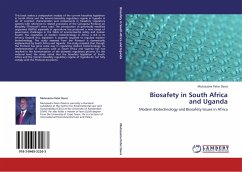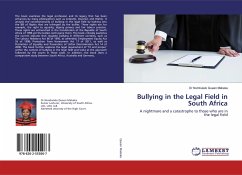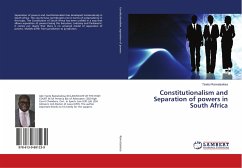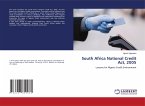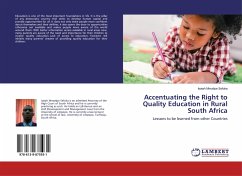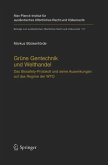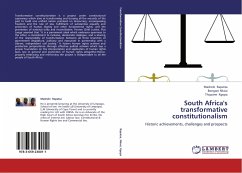This book makes a comparative analysis of the current biosafety legislation in South Africa and the interim biosafety regulatory regime in Uganda. A set of common characteristics and components in biosafety regulatory systems with reference to related provisions of the Cartagena Protocol on Biosafety ("Protocol") were used. The introduction of genetically modified organisms (GMOs) especially in agriculture has produced a new range of governance challenges in the fields of environmental safety and human health. The regulation of modern biotechnology in Africa is still in its infancy. Despite this, legislation is urgently required to regulate modern biotechnology. The study assessed how the Protocol is domestically implemented by South Africa and Uganda. This study revealed that though the Protocol has gone some way in regulating modern biotechnology, its implementation in countries such as South Africa and Uganda has not resulted in the harmonization of the domestic regulatory process. On the national level, the study noted that the biosafety legislation of South Africa and the interim biosafety regulatory regime of Uganda do not fully comply with the Protocol provisions.
Bitte wählen Sie Ihr Anliegen aus.
Rechnungen
Retourenschein anfordern
Bestellstatus
Storno

